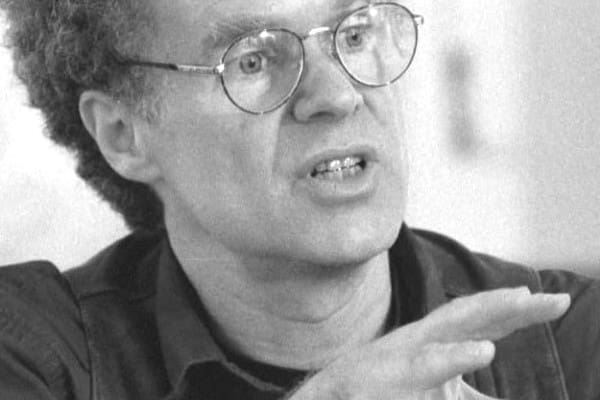There is a reason why the Left is often attracted to social science. Generating systematic knowledge about the social world is essential to thinking about a better future, whether in the context of systemic transformations like climate action or formulating individual policy and political decisions. Yet many on the Left increasingly deny the need for such a systematic approach to social reality – they fail to establish the desirability of their preferred alternative social arrangements and rarely articulate details of how such a social arrangement might work in practice. Erik Olin Wright’s “Envisioning Real Utopias” takes the tasks of emancipatory social science seriously. Wright comes from the school of analytic (or “no-bullshit”) Marxism, a school of thought that subjects leftist orthodoxy to the best techniques in analytic philosophy, economics and sociology to ‘see what survives’. Crucially, Wright provides us with three fundamental tasks of emancipatory social science: diagnosis, envisioning viable alternatives and thinking about transformation. These are tasks that the contemporary Left should take seriously.
The first task of the emancipatory social scientist is diagnosis and critique. This involves diagnosing why a specific social formation (or aspects of it) is undesirable, territory that is obviously well-worn for most progressively-inclined people. The task of diagnosis involves two subsidiary exercises. First, we need to establish a set of normative criteria by which we assess whether an aspect of society is desirable or not, essentially the conditions that must be met for one to be satisfied with the state of society. Moral philosophers and economists spend much time designing these criteria, with recourse to standard concepts like aggregate social welfare, equality or justice. For Wright, the institutions of a society are only just if they guarantee equal access to the material and social means for human flourishing and participation in decision making. Having established these criteria, the second issue is to explain why specific mechanisms of the social formation produce outcomes that are inconsistent with these criteria. Rather than the vague and unconvincing statements that “capitalism” is the cause of particular social ills (whether racism, sexism or otherwise), the approach proffered by Wright asks us to show that the explanation for suffering and inequality lies in specific and identifiable properties of institutions and social structures. The importance of this clarity is evident when we turn to the second task of the emancipatory social scientist.
Once we are sufficiently convinced that a social structure is undesirable, the immediate step is to provide an alternative that is not only possible, but in fact viable. This is a crucial task, and incidentally where the contemporary Left often fails most miserably, because we need to convince people why a better society might be worth pursuing. Wright gives us three criteria that need to be met here. First, our new society must be desirable. This is easy enough, but purely utopian thinking about desirable alternatives does little to inform the practical tasks of institution building or challenging an unjust status quo. Second, it must be viable. Viability in this context means thinking about whether our desirable alternative could actually work. If emancipatory alternatives are “good in theory, but not in practice”, we ought to think about how we might create a society that is practically sustainable and capable of reproducing itself. It’s not sufficient to hope that people will just organise a new society ‘from the bottom up’ – we need to specify the mechanisms of this society that would lead us to the socially desirable consequences we envision. Similarly, we need to think about the perverse or unintended consequences of our desired institutional setup. Third, and perhaps most importantly, it must be achievable. It is sufficient to ask whether you could get from the status quo to the future we want given existing political or social constraints. If we can’t, we need to see whether it is possible to weaken those constraints to make our alternative implementable.
The issue of achievability naturally leads us to Wright’s third and final task – explicating a theory of transformation. A variety of ‘theories of change’ are fashionable on the contemporary Left, some more implausible than others. What is critical for these theories is to identify whether social actors exist that could carry out this change, and whether they are capable of organising collectively . Moreover, Wright asks us to consider whether the costs (social, human or otherwise) of a particular theory of change outweigh the putative benefits of its outcome – for this reason he is profoundly sceptical of what he calls ruptural (but might also be called revolutionary) theories of social change.
Taken together, these three tasks are not just purely intellectual exercises but preconditions for any successful process of social change. The activists have hitherto interpreted the world, offering at best piecemeal ideas about what a better world might look like. But if the point however, is to change it, then those on the Left might take up Erik Olin Wright’s tasks towards a world in which people are more freely able to flourish and where eliminable forms of human misery are in fact eliminated.





